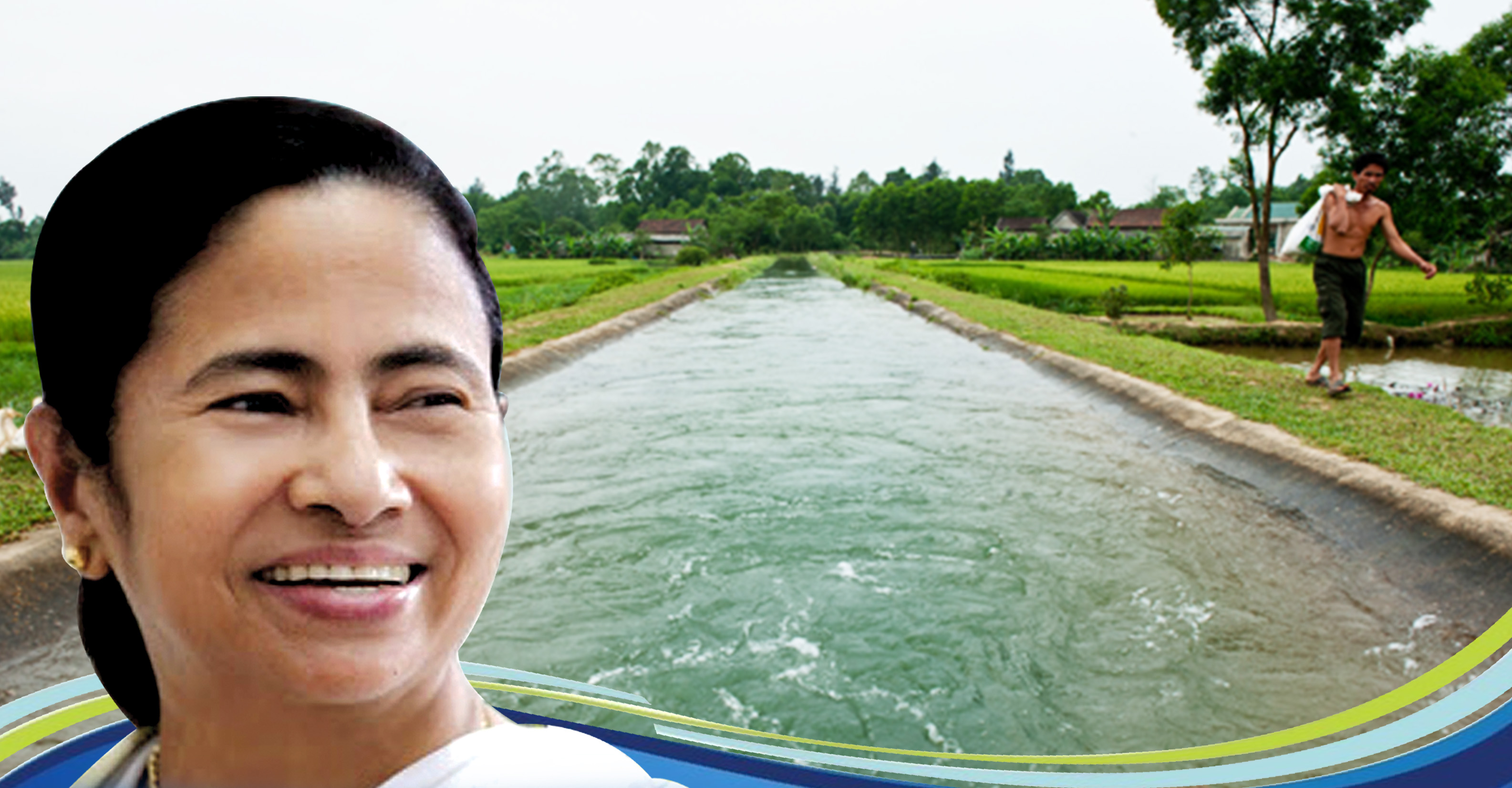Today, September 18, is World Water Monitoring Day. The Bangla Government has taken numerous measures to make drinking water available in every part of the State, and efforts are on towards achieving this. Piped Water Supply Schemes (PWSS) have been taken up across the state to make for healthy and happy lives.
The Public Health Engineering (PHE) Department Minister, in his departmental budget for financial year (FY) 2018-19, has outlined a number of measures to achieve self-sufficiency in generation, storage and distribution of drinking water.
Vision 2020
The Bangla Government has adopted a plan called Vision 2020, which envisages permanent drinking water security at the rate of 70 litres per capita per day (lpcd) in the rural areas of the state.
According to the vision document, to ensure drinking water security, emphasis has been laid on piped water supply schemes with the objective to completely shift from hand-pumped tube-wells to piped water from house to house, in a phased manner.
Rural water supply programme
During FY 2017-18, as a part of the rural water supply programme, 2,411 water-scarce habitations, 610 water quality-affected habitations, 600 water source-less schools and 291 anganwadi centres have been covered with supply of drinking water.
Piped Water Supply Scheme (PWSS)
PWSSs are aimed at reducing the burden on women and children. During FY 2017-18, 114 such schemes at an estimated cost of Rs 1,451.60 crore were sanctioned. For FY 2018-19, 97 PWSSs have been sanctioned at an estimated cost of Rs 1,007.42 crore, benefitting a population of 24.61 lakh. This will raise the total number of commissioned PWSSs to 2,091 and rural population coverage to 55.54 per cent.
Water-testing laboratories
During FY 2017-18, 5,22,648 samples have been tested in the 217 laboratories, and through the Government’s On-site Mobile-based Water Analysis System, 11,800 samples have been tested at the source points and the results uploaded on the departmental website’s dashboard.

